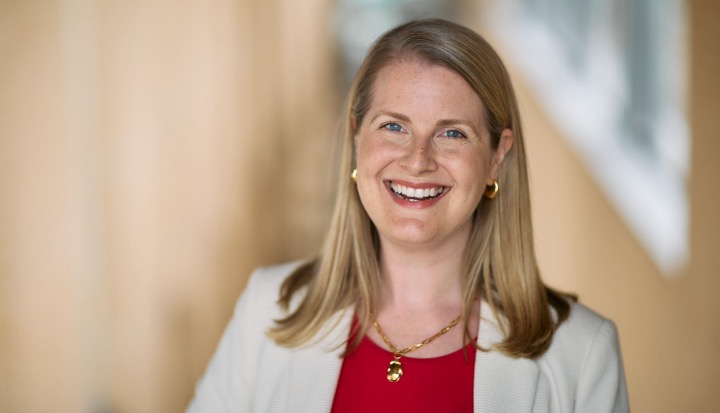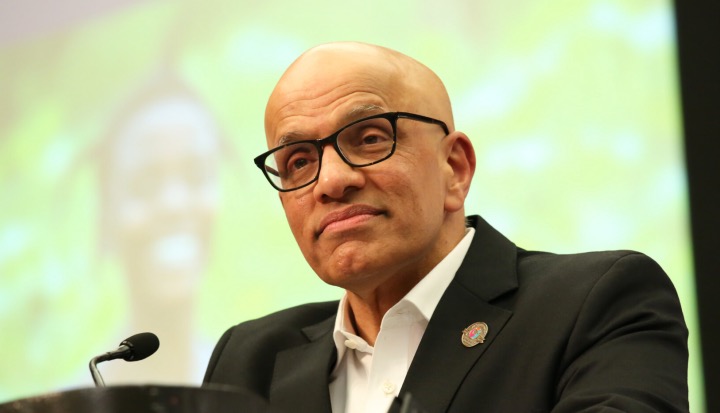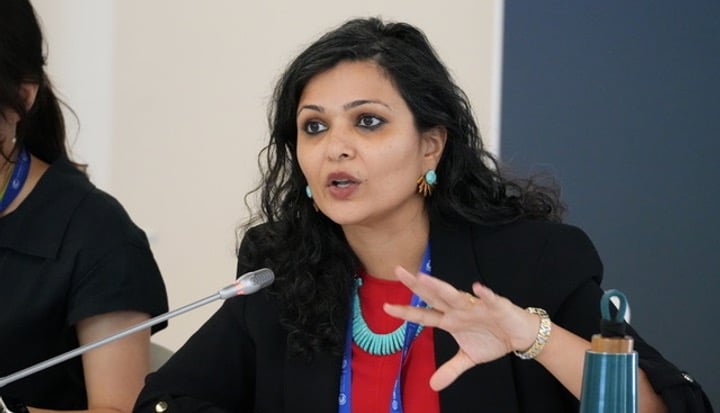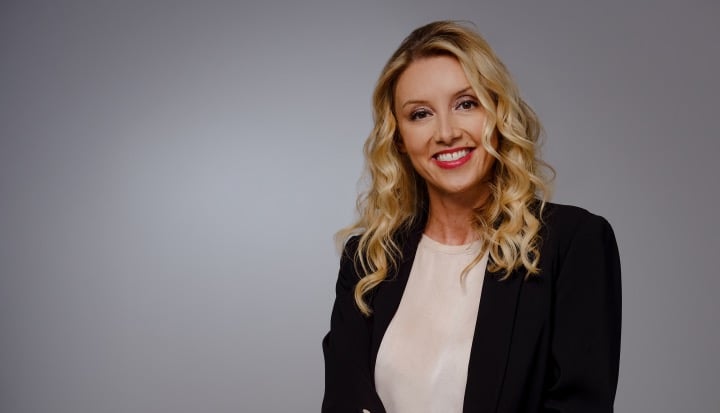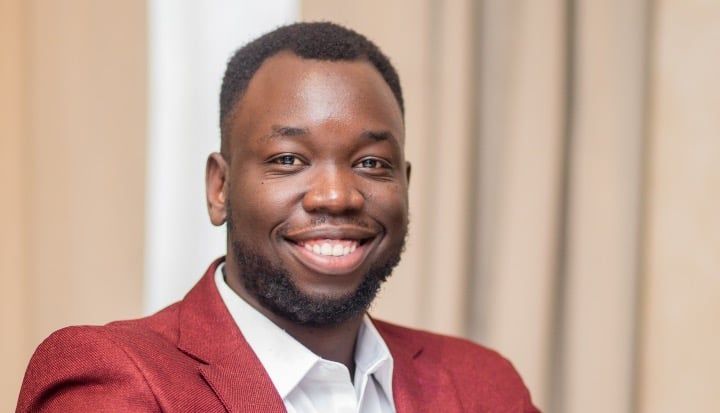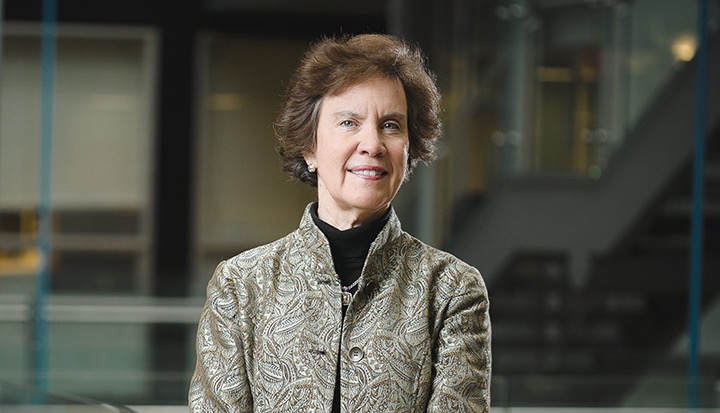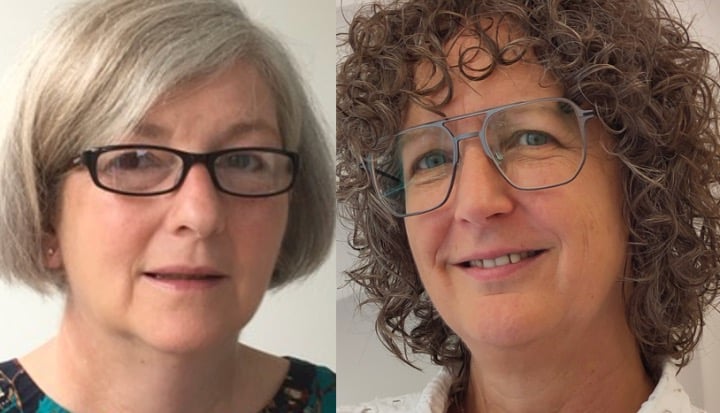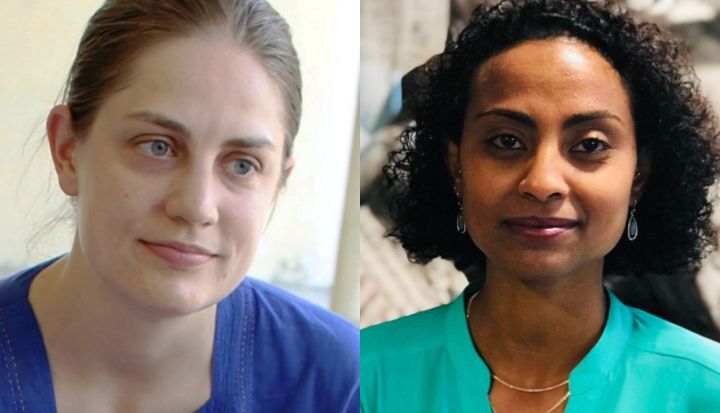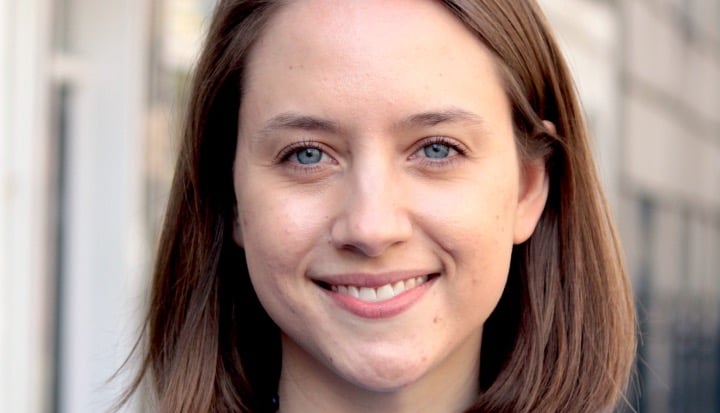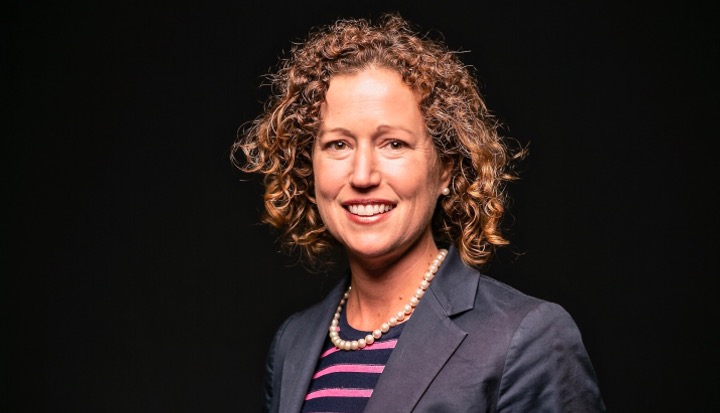BFP: What do you do?
LM: I work for Deloitte Consulting Ltd in Tanzania as a Senior Consultant on the TUNAJALI project, a USAID-funded program focusing on People Living with HIV/AIDS (PLHIV) and Orphans and Vulnerable Children (OVC). The program focuses on the areas of providing care and support for PLHIVs and OVC as well as provision of institutional strengthening of Civil Society Organizations (CSOs). My role in this program is to provide institutional technical advice and support to the CSOs in areas of governance, leadership and management.
BFP: What is the best part about your job?
LM: My role gives me an opportunity to contribute to the strengthening of CSOs through organizational capacity building. It allows me to empower employees and organizations to acquire skills and competence for change management. There is great potential to bring positive change to CSOs here in Tanzania; this is very important if we want to see sustainable development, since civil society organizations provide services directly to the public and their communities. Sustainable development can be achieved through independent anchor organizations with the appropriate skills, revenue streams and capital assets and this is true for CSOs just as it is for private sector.
BFP: What has been your greatest challenge (around business and development)?
LM: There are several challenges with the building of institutional capacity of civil society organizations. The number one challenge is that most CSOs are used to running their own organizations informally, without any formal systems.
Secondly CSOs are diverse, dynamic and complex, ranging from the smallest of community groups operating on a shoe-string; faith-based organizations driven by faith and sometimes not following the universal organizational systems; to larger non-governmental organizations with the potential for much bigger resources but sometimes lacking accountability.
Thirdly, most development partners (i.e. funders) tend to put their focus on service delivery and very little on organizational strengthening, not recognizing that if we have stronger CSOs, then there will be a greater level of accountability and as a result a long lasting development impact.
BFP: How have you overcome these challenges? What lessons have you learnt?
LM: The secret to overcoming such challenges is to understand that institutional capacity strengthening is a process and not an overnight change. The best way to achieve this is through continuously improving civil society organizations’ systems, structures and leadership style, and promoting good governance through training and constant mentorship and coaching. The advice I would like to give to all development partners is that when they are implementing development programs they need to develop a balanced implementation framework in order to address all aspects of an organization and not to put their focus only on service delivery and quantity instead of also looking at impact and quality. The development approach needs to focus on CSOs’:
- Finances: CSOs need support and advice on funds – how they can source it, manage it; support in developing and navigating the funding networks, identifying the right kind of funding for different CSOs and developing a sustainable funding strategy.
- Sustainability: Sustainability starts with organization’s long term vision, mission and goals. It is the ability of a CSO to keep going through i) security of funding ii) its ability to recruit and retain volunteers and iii) properly to manage itself. CSOs need to be reminded of the importance of sustainability even after support from development partners have come to an end.
Achieving the above will bring about sustainable development in communities that we work with.
BFP: If someone wants to do what you do, where should they start?
LM: Anybody can do capacity building but you need to have passion for it. If someone wants to do what I do, they need to start by familiarizing themselves with the area of work they want to build the capacity on. They might also need to receive training on training (Training of Trainers); develop their facilitation skills; train themselves on governance issues; organizational development; leadership; mentoring and coaching skills as well as shadowing someone who is already doing it.
I believe that this is a good way to start and that is also how I did it. Before joining Deloitte Tanzania, I worked for Action in rural Sussex in the U.K. where I was the Co-ordinator for the East and West Sussex Voluntary and Statutory Sector ChangeUp Consortium. ChangeUp was the government initiative to build the capacity of Voluntary Sector across the UK. Before this, I worked for the Scarman Trust as Development Officer for the Children’s Fund Program. This work was about building organizational and technical capacity of community groups and frontline organizations. All my work experiences helped me gain many useful skills for providing technical support for both civil and private sector institutions.
BFP: Finally: what do you hope to get out of being part of this community?
LM: I am a relatively new member of BFP, but I find it to be a useful source of information, particularly on development issues. It will also be interesting to see what others are doing on public private sector partnership. I look forward to being more involved and also to attending some of BFP’s future events.
Thank you to Elizabeth Mleli for taking the time to do this interview.
We’re always looking out for members to feature. Help us by taking two-minutes to update your profile, or by nominating someone for Business Fights Poverty Member of the Week.
Read previous Member of the Week interviews here.

